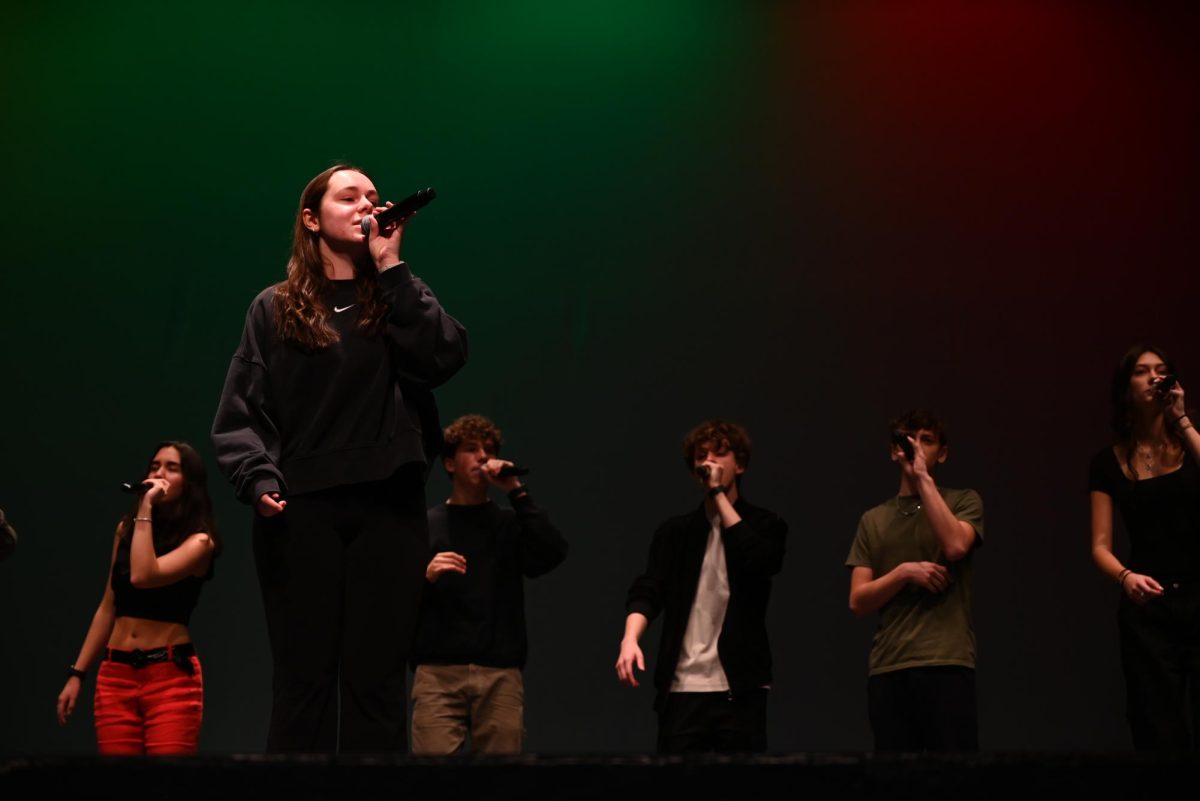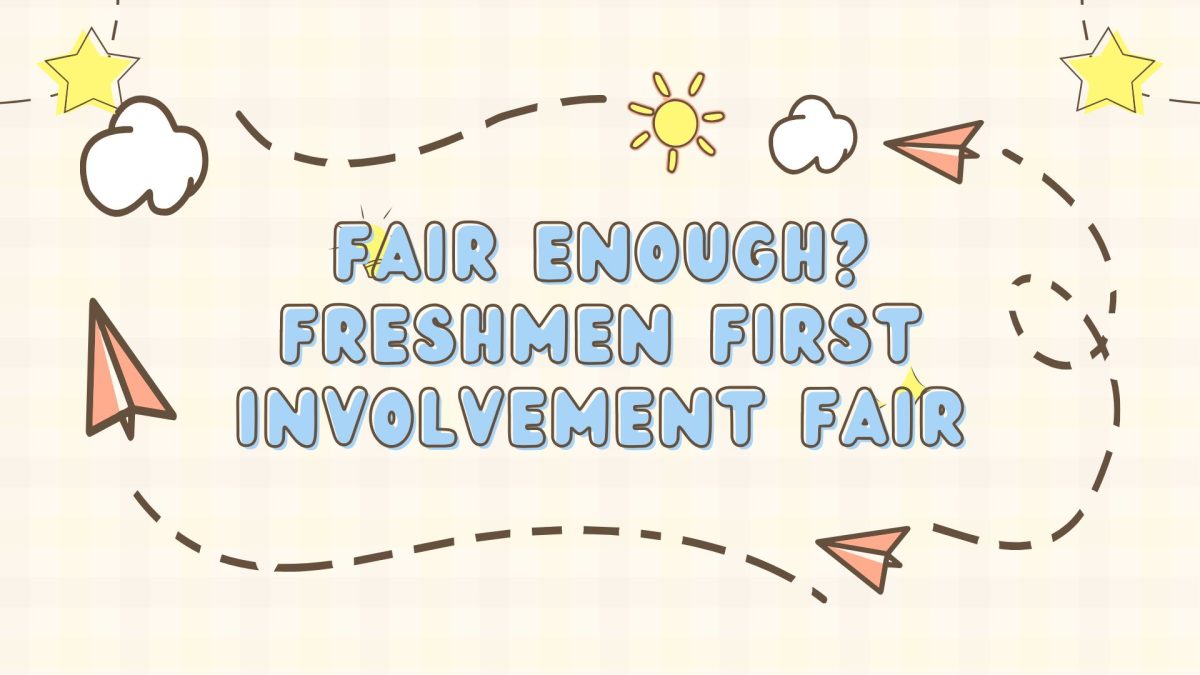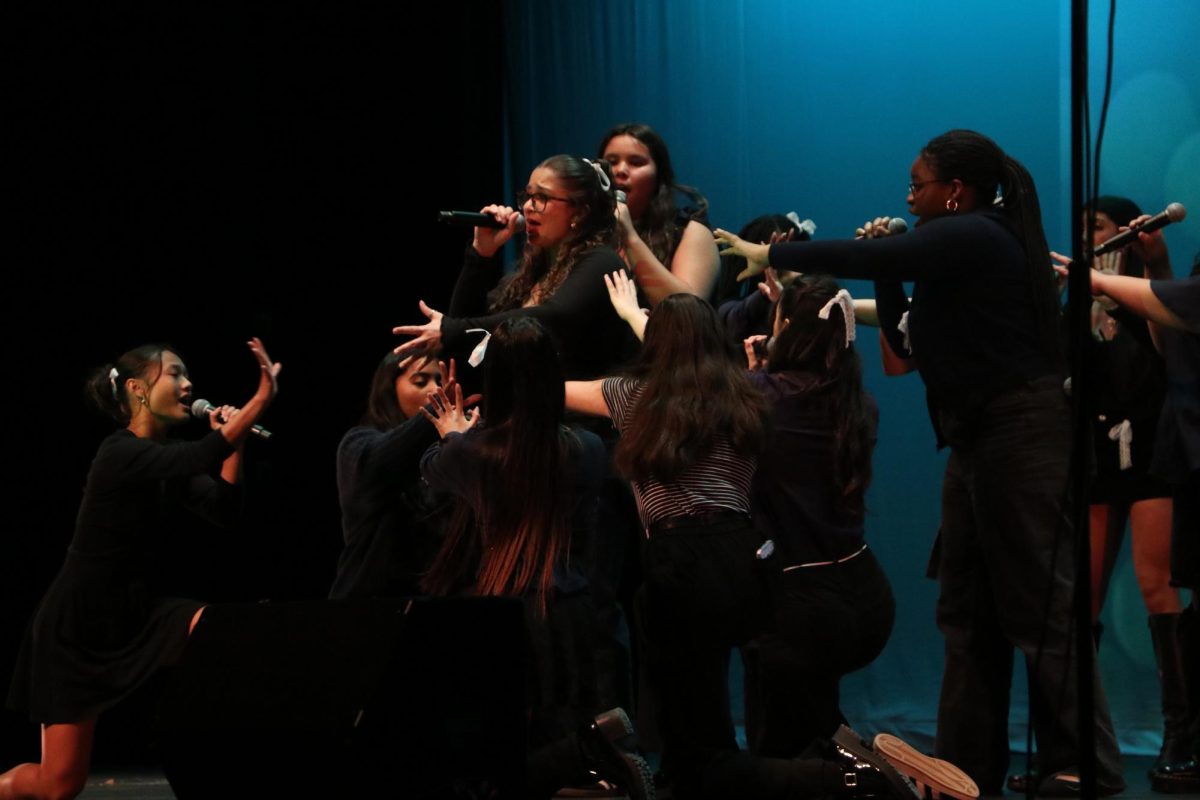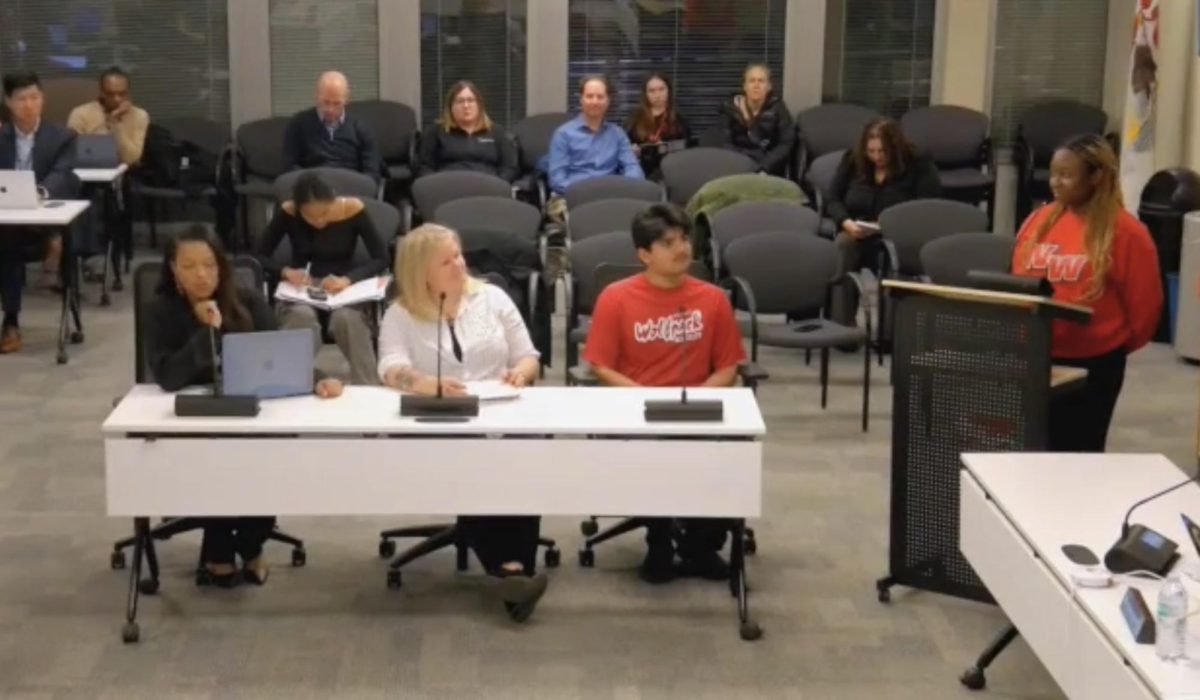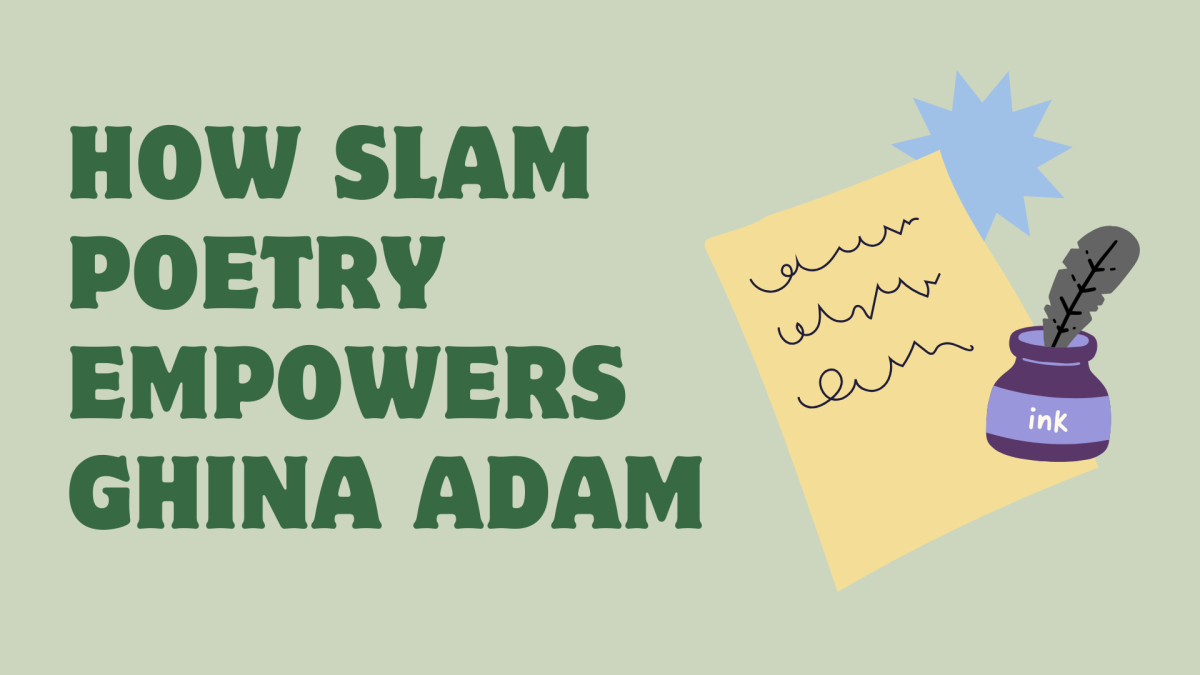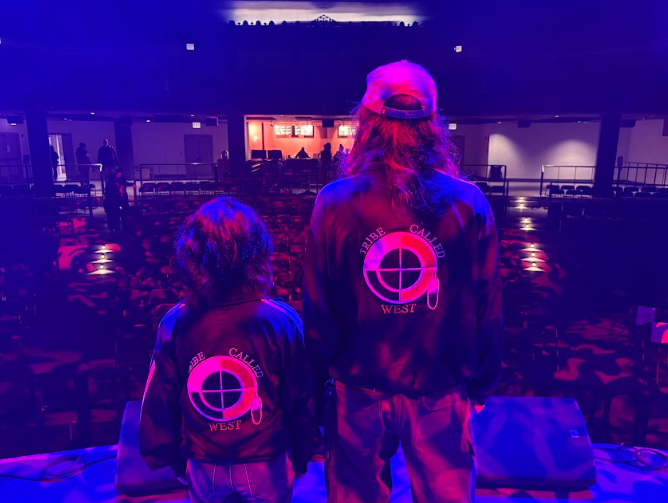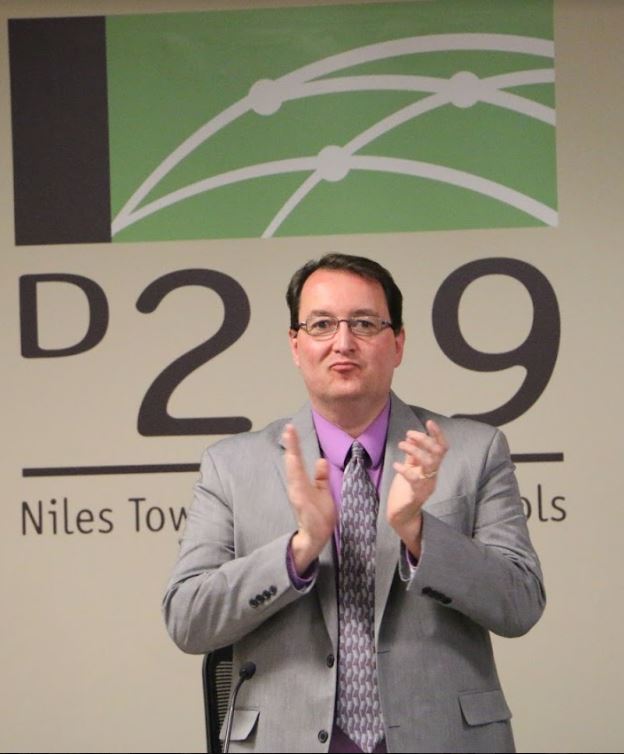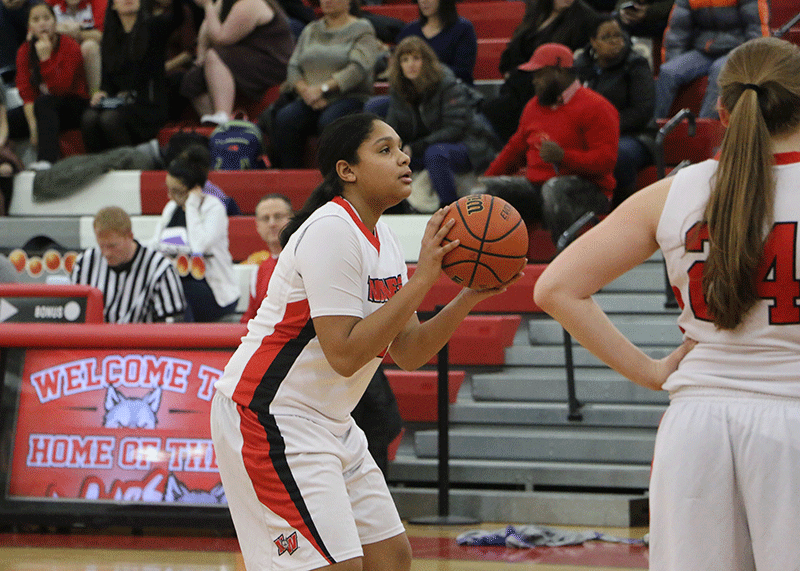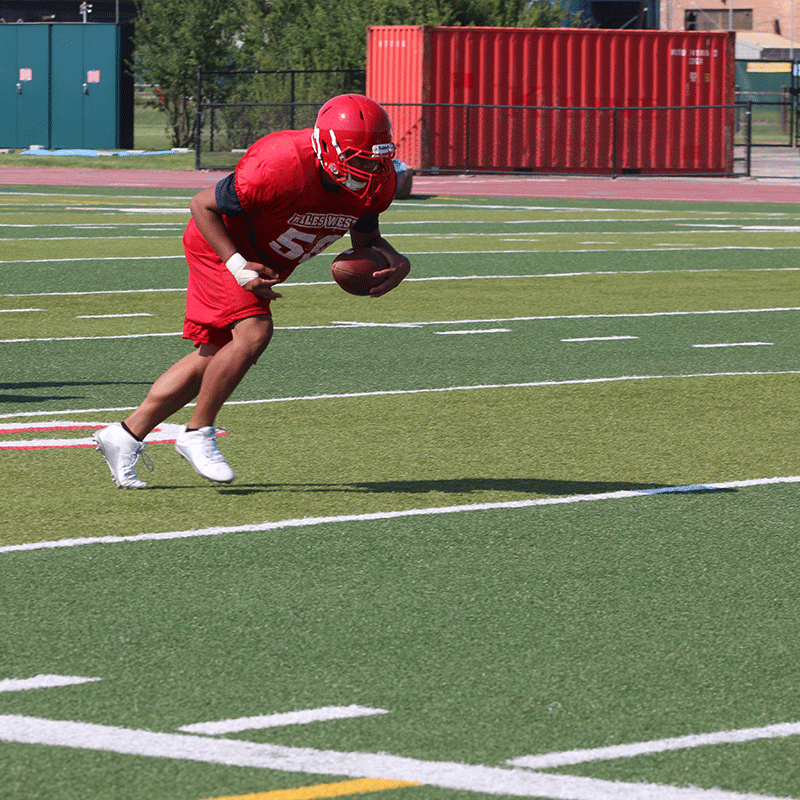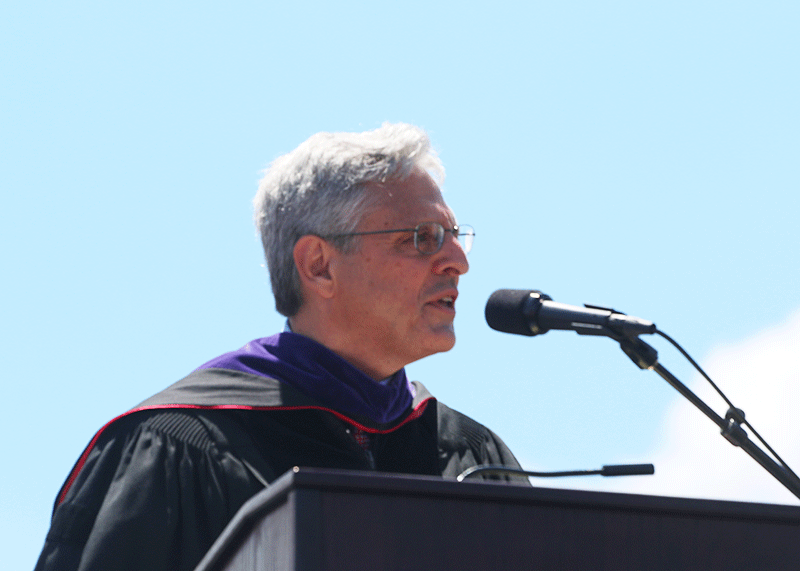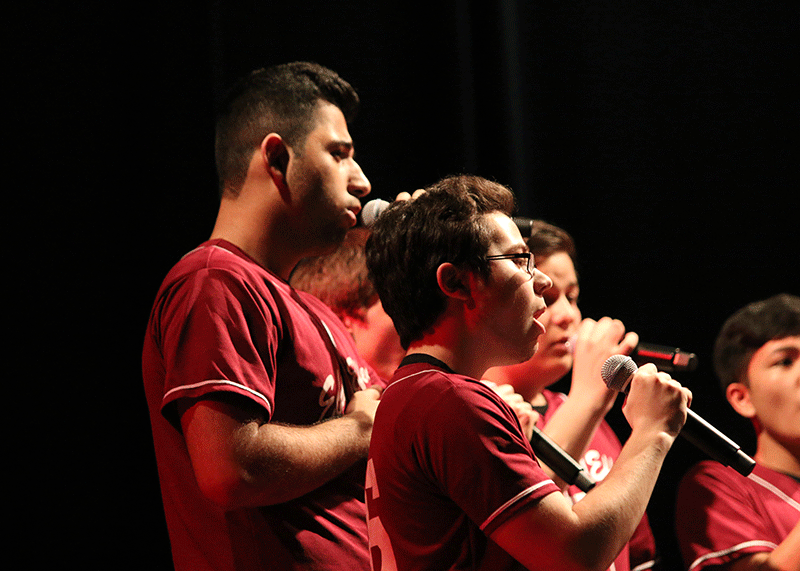
English instructor Paul Bellwoar pulls up a poem on the board written by one of the students in the club. As they gather around the board while classical music plays in the background, sharing breakfast on Saturday morning, they all take a minute to read it over. Once the main idea has been gathered, they all take turns to judge and add details into the poem, as the writer listens openly and applies their observations to his writing. After the individual piece, Bellwoar pulls up the group piece, which is used for the competition. All the writers brainstorm.
Apart from the usual routine of practicing, practicing, and practicing, the members of the club take their time to think and come up with new ideas. The music in the background changes with the mood. Conversations turn into rational arguments, as they all analyze what the next piece should be about. Occasionally, the conversation takes a different direction, and you are swallowed by intelligent chat that takes place between the members. Poetry and smart conversations; the two reasons Poetry Slam was created.
“I enjoy spending time with young writers who are working at evolving their voice, learning how to augment their craft, and becoming familiar with the genre of performance poetry,” says Bellwoar.
“I really like [Poetry Slam], because it’s fun to talk to intellectual people, while doing something we all enjoy,” says junior Michael Gonzales.
Poetry Slam meets in room 2245 on Wednesdays from 3:30 to 7:00 pm and Saturdays from 9:00 am to noon. When I visited Saturday morning, the room was feeled with clam vibes while they all practiced together for the competition.
“The season is going as well as to be expected. Members are coming to practice, and some pieces are being written. There are a few freshman who are new to the team and are eager to be part of Tribe West,” says Bellwoar.
“We already have two pieces done for our season,” says Gonzales.
While working on their individual pieces, the whole club put their heads together as they write the group piece for the competition. At the competition, the first performance is a competition among three schools at first, one poet representing each school. During the group round, the schools use their group piece, which is represented by four people from each school. Content is not published due to competition purposes.
All the members work very hard, debating problems and conflict that might result into a poem, but they all welcome new members. Come ready with your work and get ready to be judged.
“The more the merrier, [but] come to at least a month’s worth of practice before you make up your mind. Be prepared to know that you don’t know everything that could help you. Be prepared to face emotions you may not want to face. Be open and honest with what drives thought to paper to stage,” says Bellwoar.
“If you’re thinking about joining, don’t be scared. Come on in, bro,” says Gonzales.
The first competition is on Wednesday, Dec. 14 at Maine West.


